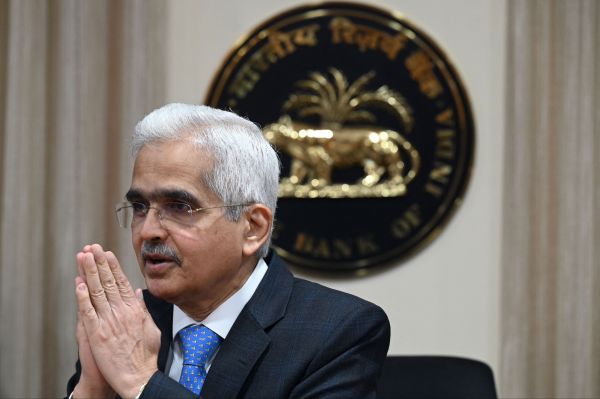[ad_1]
More than two dozen startups, VCs and PEs are exploring investment in banks in India, sources say.

Several Indian startups, along with venture capital funds and private equity investors, are scrambling to build investment strategies as they race to tap into a rare available opportunity in the nation: banks.
Premji Invest, Multiples, Zerodha, Gaja Capital and MobiKwik are among those who are evaluating an investment in Nainital Bank, a subsidiary of Bank of Baroda, TechCrunch reported last week.
Four consortia, comprising as many as 16 participants, are vying for the Bank of Baroda unit, sources familiar with the matter said.
Lightspeed India Venture Partners and Elevation Capital are separately evaluating an investment in Shivalik Small Finance Bank, according to sources familiar with the matter.
Lightspeed and Elevation declined to comment. Shivalik Bank didn’t respond to a request for comment.
Accel and Quona backed Shivalik Bank last year in what was a rare industry move at the time. The lender is now looking to raise new funds, something that hasn’t been previously reported. The new investment talks value the lender at under $100 million, according to one of the sources familiar with the deliberation.
New investors will only be permitted to acquire about 4.9% stake each in the bank, a person familiar with the terms said.
Startups including Peak XV-backed neobank Jupiter also explored an investment in a bank earlier, according to another person familiar with the matter.
Venture investors are considering bank investments to pave the way for future collaborations between their fintech portfolios and these lenders. Given that many investors have multiple financial services startups in their portfolios, they see a potential for increased revenue growth for the banks through these partnerships, industry executives said.
Startups are seeking stakes in banks due to the rarity of banking licenses in the country. Such alliances could help them reduce their capital acquisition costs, industry executives said.
These are the bull cases on paper. But many industry players admitted that they aren’t able to build a clear thesis on how a bank license would necessarily help them and said they are participating because their rivals had also put up a bid.
The deliberations have intensified in recent days after Bengaluru-headquartered Slice received a rare approval from the Indian central bank to merge with North East Small Finance Bank.
The Reserve Bank of India made its guidelines clearer last year, forcing many fintech startups operating in lending and card issuance categories to rework their approaches. By granting the merger approval to Slice, the central bank has helped pave the Indian fintech to chart a new future for itself.
Merging with a bank or obtaining a banking license continues to be rare in the South Asian market, especially as the regulator has heightened its oversight in recent quarters, even for minor licenses like those for NBFCs and expressed concern about tech giants’ growing presence in the financial services sector.
The central bank has largely rejected all applications for universal banks in recent years. Last year, it rejected an application by Flipkart billionaire Sachin Bansal. Bansal’s Navi eventually sold the microfinancing unit to Svatantra Microfin in August for about $178.5 million.
In 2021, the central bank issued a small finance bank license to a consortium of Centrum Financial Services and fintech BharatPe. But that license was conceptualized to address a capital-starved situation to help remove the debris of a scam-tainted small lender PMC.
[ad_2]
techcrunch.com




